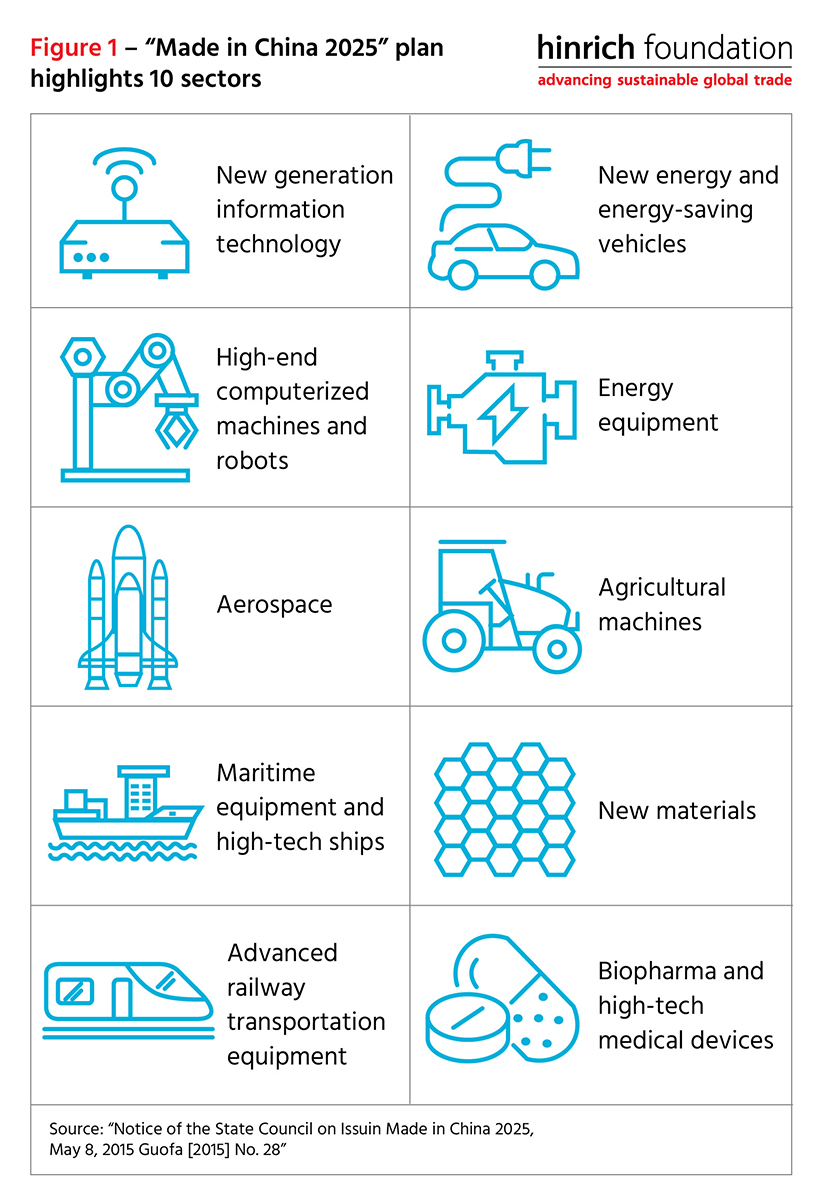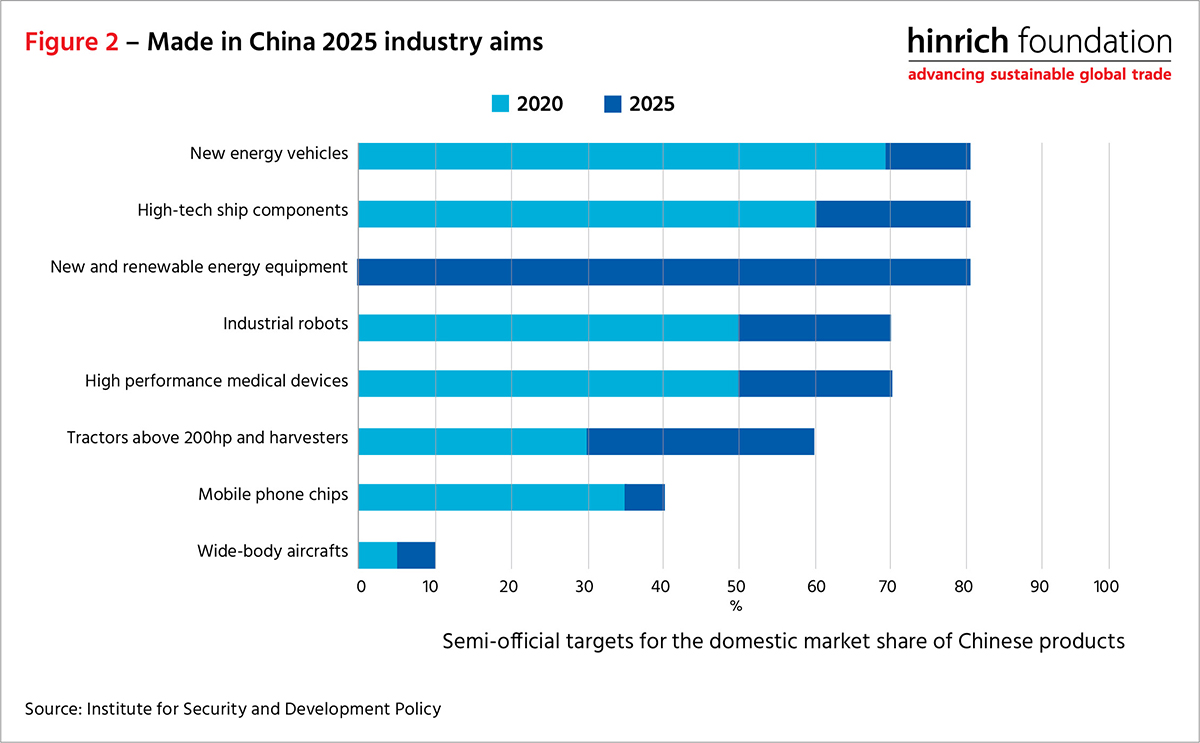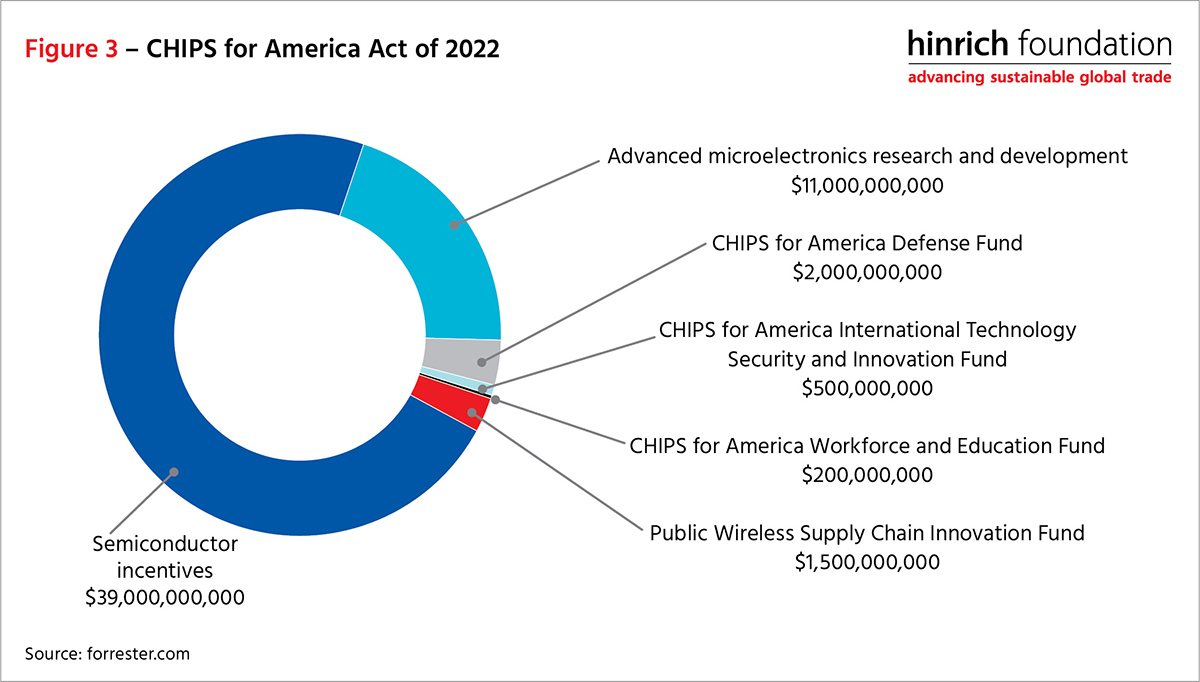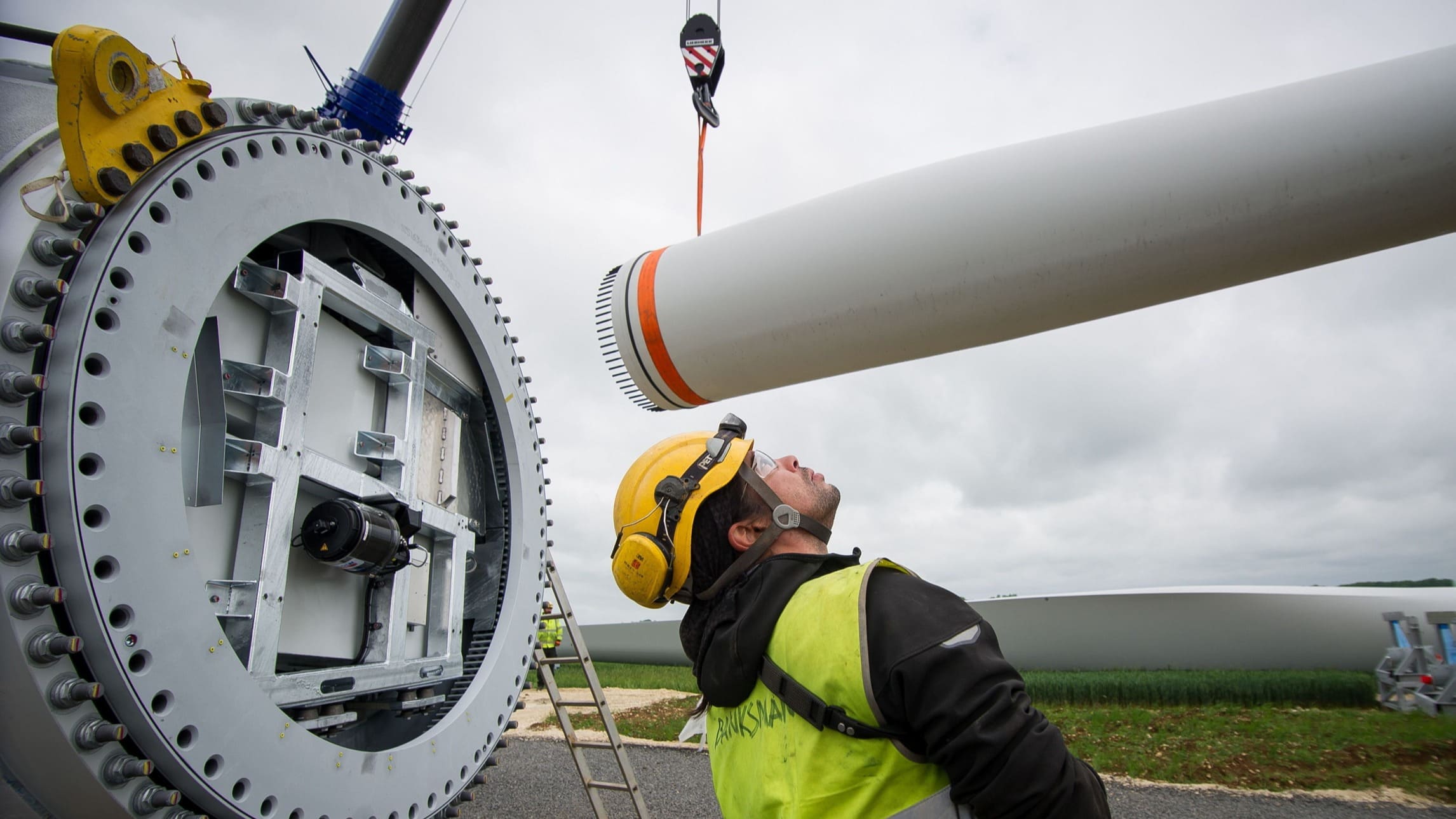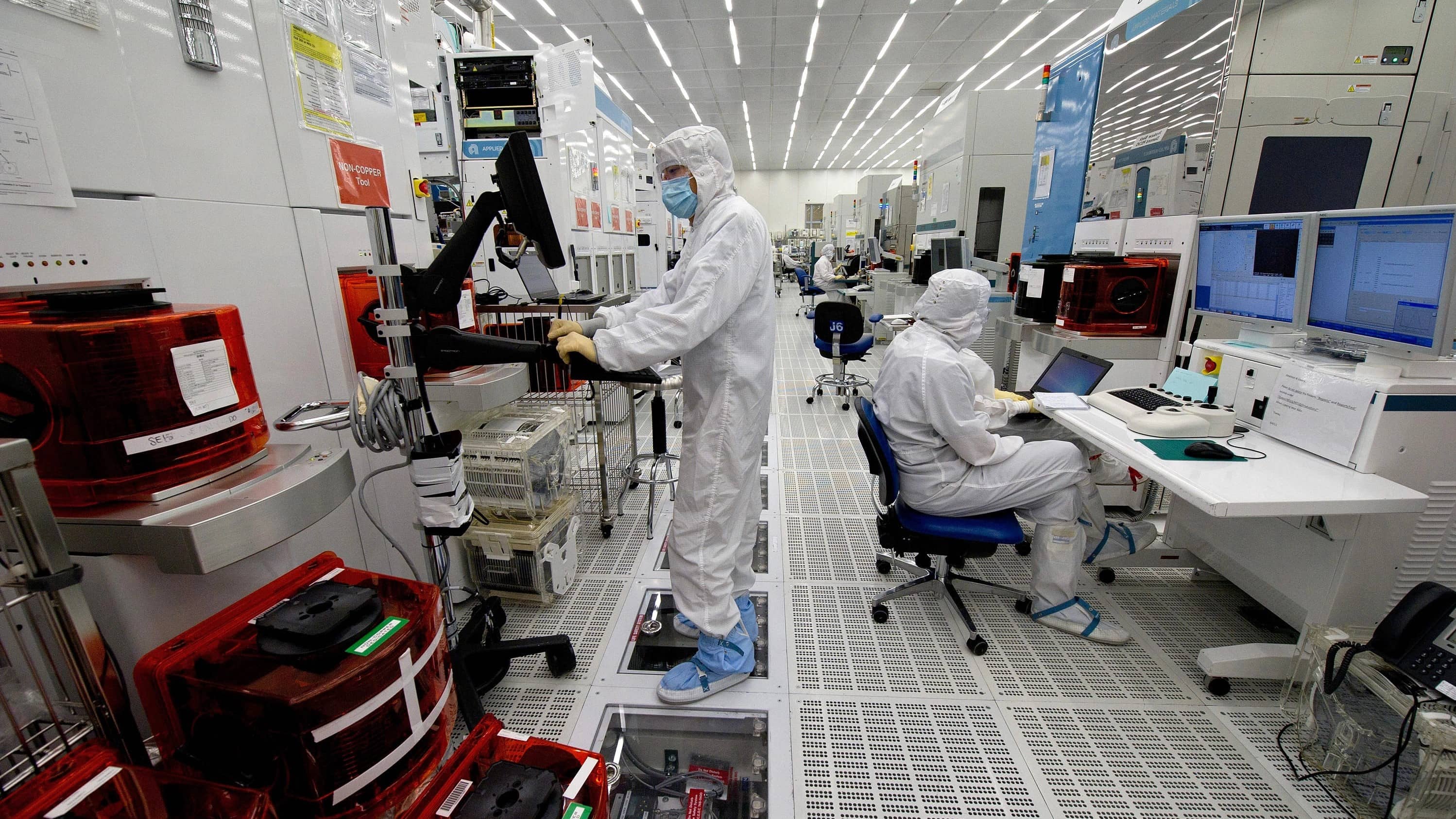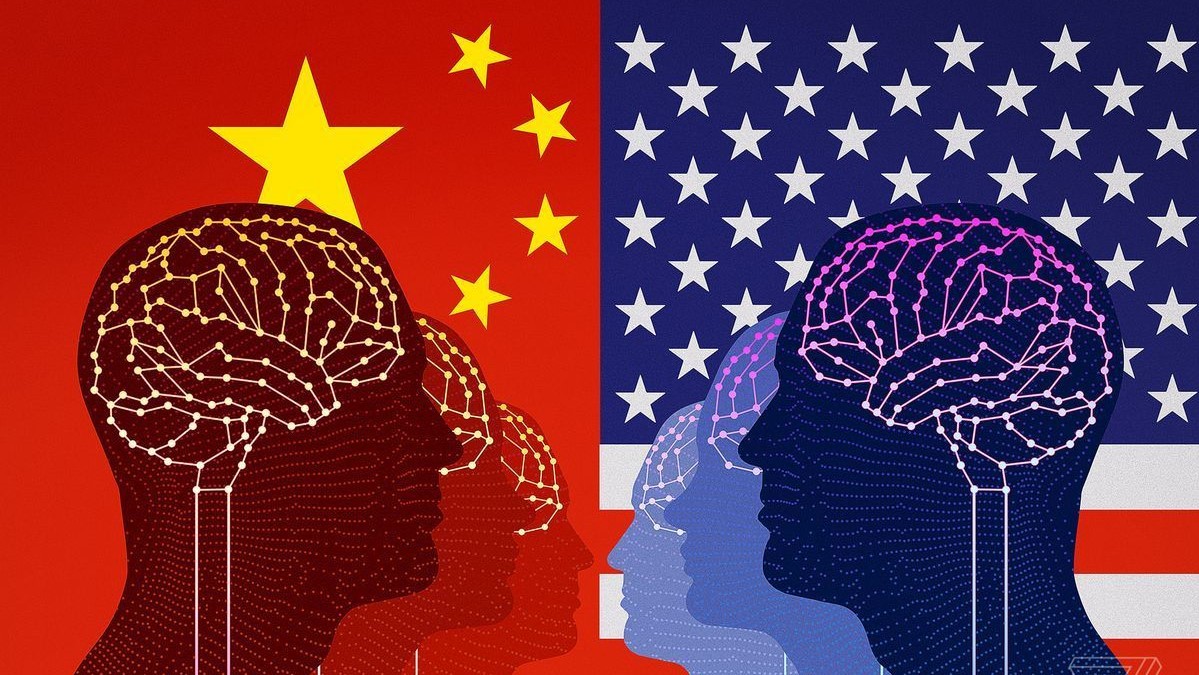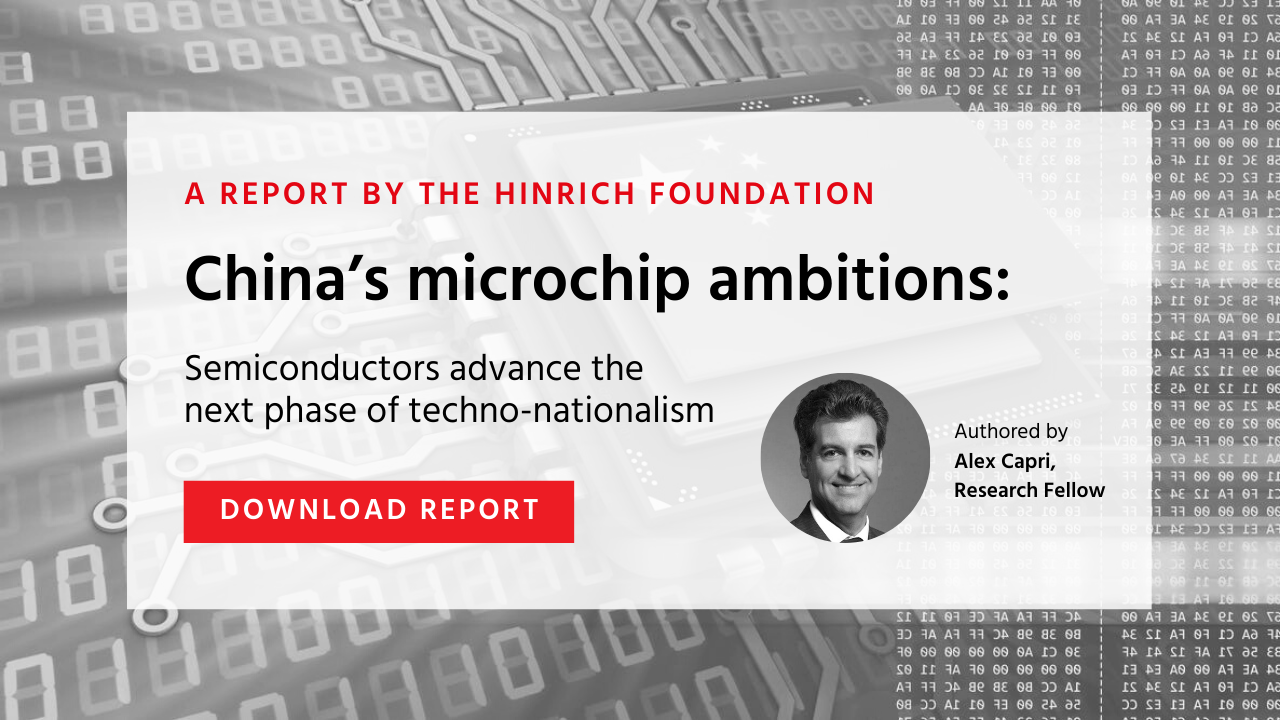Trade and technology
Techno-nationalism and its impact on geopolitics and trade
Published 21 February 2023
Techno-nationalism is an increasingly dominant approach in governance that links a nation’s technological capabilities and self-sufficiency to its state security, economic prosperity, and social stability. It is a response to a new era of global systemic competition between differing ideologies of economic development.
This page is a compilation of resources by Hinrich Foundation research fellows and contributors on techno-nationalism’s catalytic impact on diplomacy, geopolitics, innovation, and manufacturing.
The series throws light on the emerging link between technological innovation and nationalism and highlights strategically important sectors such as electric vehicle manufacturing, quantum computing, and semiconductor manufacturing that might be susceptible to a growing list of techno-nationalist rules and regulations, including export controls and other restrictions, as well as stipulations relating to data localization, security, and privacy.
Advocates of free markets have always contended that industrial policies are largely ineffective. Yet, China’s industrial policies have been producing successful outcomes. In a period of approximately 15 years, Beijing has effectively leveraged its FDI policies and aggressive technology transfer and acquisition practices to produce successful economic outcomes. Made In China 2025 strives to secure China's position as a global powerhouse in high-tech industries.
Some experts believe that the techno-nationalist approach is quickly gaining consensus and re-emerging in the new policies by US lawmakers. A recent example of this is the signing of the CHIPS for America Act into law as part of a larger US$280 billion CHIPS and Science Act appropriation. The CHIPS Act allocates US$54.2 billion in funding to support US domestic technology innovation, primarily aimed at the semiconductor industry.
Featured publications:
China’s '2035 Standards' quest to dominate global standard-setting
The gradual rise of China's influence and leadership in global standard-setting bodies is raising concern among the Western powers. Under Beijing's ‘Standards 2035’ project, the Chinese leadership's approach towards the technical standardization sphere tie closely with the country's economic development and its lofty geopolitical aspirations.
Will Europe’s new economy be made in China?
Europe is becoming a focal point in the struggle for the commanding heights of the global sustainable economy supply chain. As the continent becomes a primary target of China's renewed push to amp up its export machine, European policy leaders must tread a fine line between courting cost-competitive Chinese technology and opening too much leeway for Chinese producers.
Controls on semiconductor trade are a harbinger for "techno-nationalism"
Major nations are in a race to achieve supremacy in the “technologies of the future”. What these new technologies have in common are the semiconductor microchips that drive them. The controls on trade in semiconductors are now a harbinger for how “techno-nationalist” trade policies are reshaping global supply chains.
CHIPS on the table: US doubles down on techno-nationalism
US legislation to reshore semiconductor production marks a new era of corporate realpolitik and the rising primacy of geopolitics in global commerce. But attempts to ring-fence semiconductor fabrication fly against economics and underline an existential crisis for the rules-based world trading order.
CHIPS as usual: A defense of US industrial policy
The rise of the semiconductor industry has everything to do with industrial policy and managed trade. China is dedicated to self-sufficiency and control of cutting-edge industries. It may be wise for the US to go back to its own future, to a time when America got rich by using industrial policy to spur economic development.
Techno-nationalism and diplomacy
The rise of techno-nationalist approaches has precipitated a US-China race to promote ideological values through the reshaping of institutions and standards. Governments are pursuing strategic alliances and partnerships to advance their strategic interests, values, and politics. This will lead to the creation of new institutions and rule frameworks or produce outcomes that will profoundly influence the institutions that govern global trade.
Techno-nationalism is driving US-China decoupling in innovation
Techno-nationalism is driving US-China decoupling in innovation. The US-China hybrid cold war is spreading into places once thought to be detached from geopolitics. Academic institutions are the new ground-zero.
Harnessing trade policy to build India’s semiconductor industry
From the multilateral trade agreements facilitating industry growth to the fostering of comparative advantages, trade has played a major role in shaping the semiconductor global value chain. Industry giants such as Taiwan and Japan reached their stature because of more liberalized and open market policies. In building its semiconductor ecosystem, India would benefit from a deeper understanding of the primacy of trade policies and technology transfer.
Wind and wires: Can Europe stay ahead in green and 5G technologies?
In the global race to lead in critical technologies, Europe is playing catch-up in some areas while retaining leadership in select sectors. To benefit fully from its existing competencies, the EU must maintain a technological cutting-edge, strengthen and expand industrial capacities, and diversify its international partners.
Quantum computing: A new frontier in techno-nationalism
Quantum technology could change the future of geopolitics and global trade. State and non-state actors must begin to understand and successfully harness the power of the “qubit” – or risk being dominated by those who do.
The geopolitics of electric vehicles: techno-nationalism reshapes the automotive industry
The existential threat of rising carbon emissions and climate change has prompted a historic shift in investment away from petrol-burning cars to the electric vehicle (EV). Along with that shift, the global EV sector has become a pawn in a larger geopolitical competition and is at the nexus of many techno-nationalist issues.
A techno-globalist approach to IP and supply chain disruption
Responding to techno-nationalism need not be a binary choice between decoupling and engagement with China. Global IP-protective strategies can also help remedy the IP theft concerns underlying US-China trade tensions. More practical approaches that incorporate IP strategies can help build stable, durable, and resilient supply chains.
Techno-nationalism & the perfect storm of geopolitics, climate change, and COVID
For the past 30 years, the answer to "what's your growth strategy?" has been one word: China. Now, all of that is changing, says Research Fellow Alex Capri during the 2022 annual journalist fellowship.
The emerging techno-nationalism
Against the backdrop of deteriorating US-China relations, experts, including Research Fellow Alex Capri, zoomed in from Singapore and Washington for a briefing to explore the rise of techno-nationalism – the move to link innovation in the tech sector to economic prosperity, social stability, and national security. This webinar is part of a series hosted by the National Press Foundation and supported by the Hinrich Foundation.
Techno-nationalism and corporate governance
The US-China tech cold war has politicized the business environment for multinationals. Firms must now evaluate how to restructure their cross-border operations to reduce risks. In short, corporate governance must deal with the primacy of geopolitics over efficiencies in global value chains. The driving force behind this change is techno-nationalism.
China’s microchip ambitions: Semiconductors advance the next phase of techno-nationalism
China may still look beyond its borders to supply its enormous thirst for semiconductors. But the manufacturing giant is racing to catch up to US tech firepower. The third installment of the Hinrich Foundation series on the global microchip industry, this paper tracks China’s efforts to champion home-grown semiconductor manufacturers, including through trillion-dollar digital infrastructure plans.
Techno-nationalism via semiconductors: Can chip manufacturing return to America?
China’s increasingly competitive relationship with the US and its allies is accelerating the strategic decoupling, reshoring, and ringfencing of critical technologies. A follow-up to the first Hinrich Foundation primer on semiconductors, this report by Research Fellow Alex Capri provides an in-depth overview of the actions taken by the US to revitalize its semiconductor industry.
China’s manufacturing dominance and the potential for the weaponization of trade
While not unprecedented, China's accumulation of a significant amount of economic power in a short period of time has moved the world from a unipolar to a multipolar economic order. Understanding this change at a time of great power rivalry could be the key to future growth and adaptation as the global economic landscape is remade.
© The Hinrich Foundation. See our website Terms and conditions for our copyright and reprint policy. All statements of fact and the views, conclusions and recommendations expressed in this publication are the sole responsibility of the author(s).

